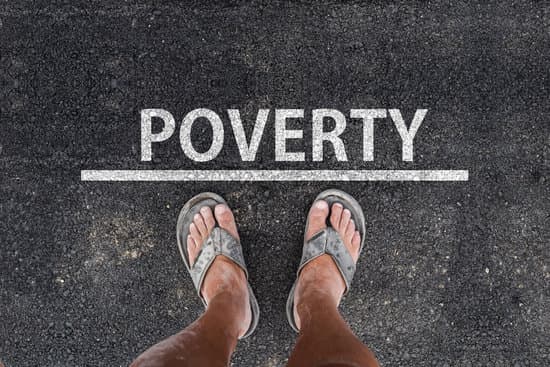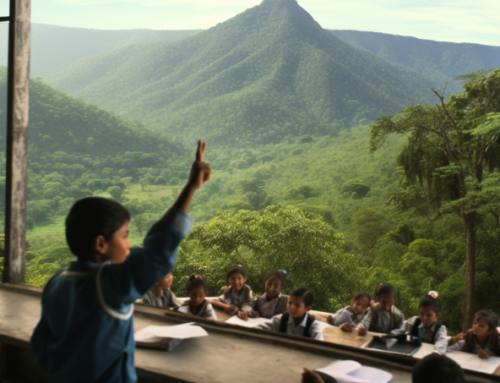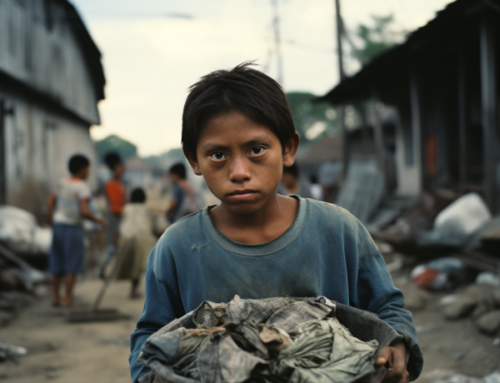Child labor continues to be a significant global concern, with millions of children being forced into exploitative work conditions instead of enjoying their childhood and accessing education. In the context of Honduras, a country plagued by poverty and socio-economic challenges, child labor remains a pressing issue.
Michael Savage from New Canaan, CT understands the Honduras poverty issues first hand. His wife, Sandra Rivera, was born in Honduras. Today with Mike Savage’s help, they’ve formed the Savage-Rivera Foundation to help raise money and supplies to ship to impoverished families and children back in her home country.
This article aims to explore the link between family poverty and child labor in Honduras, shedding light on the factors that perpetuate this cycle and the efforts being made to address it.
Understanding the Reality
Honduras, a Central American nation, faces high poverty rates and limited opportunities for its citizens. According to the World Bank, more than 60% of Hondurans live in poverty, with a significant proportion experiencing extreme poverty.
This dire socio-economic situation often pushes families to resort to child labor as a means to survive.
Factors Driving Child Labor
- Limited Economic Opportunities
The lack of employment opportunities for adults, particularly in rural areas, forces families to depend on additional sources of income, leading to the engagement of children in labor-intensive activities.
- Insufficient Access to Education
Poverty often hinders access to quality education, leaving children with limited prospects for their future. Without proper schooling, children become vulnerable to exploitation and are more likely to enter the workforce prematurely.
- Informal Sector Exploitation
Honduras has a substantial informal economy, where child labor is prevalent due to weak regulations and oversight. These sectors include agriculture, domestic work, street vending, and small-scale manufacturing, which often exploit children’s vulnerability.
Consequences of Child Labor
The consequences of child labor on the affected children are severe and long-lasting. Some of the key impacts include:
- Education Disruption
Child labor deprives children of the opportunity to receive an education, perpetuating the cycle of poverty and limiting their potential for upward mobility.
- Health Risks
Hazardous working conditions expose children to physical, psychological, and emotional harm. They often work long hours, perform dangerous tasks, and are exposed to toxic substances, jeopardizing their overall well-being.
- Socio-Emotional Development
Child labor deprives children of the chance to develop socially and emotionally. It robs them of playtime, interaction with peers, and the nurturing environment necessary for healthy development.
Addressing the Issue
Recognizing the urgency of combating child labor, both the Honduran government and international organizations have taken steps to address the issue.
Some of the key initiatives include:
- Legislative Measures
The Honduran government has implemented laws and regulations aimed at protecting children from exploitation and promoting education. These measures, such as the minimum working age and compulsory education laws, aim to create a safer environment for children.
- Poverty Alleviation Programs
Efforts are being made to tackle poverty through social welfare programs that provide financial assistance, healthcare, and educational support to vulnerable families. These programs aim to reduce the necessity for child labor as an income source.
- Awareness and Advocacy
Non-governmental organizations and international bodies work tirelessly to raise awareness about the detrimental effects of child labor and advocate for policy changes. They also provide support to at-risk children and their families, promoting education and sustainable livelihoods.
Conclusion
The link between family poverty and child labor in Honduras is a complex issue with deep-rooted causes. Eradicating child labor requires a multi-faceted approach that addresses poverty, enhances access to education, and strengthens child protection laws. By investing in poverty alleviation programs, promoting education, and enforcing regulations, we can work towards breaking the cycle of child labor, ensuring a brighter future for the children of Honduras.
It is imperative that both the Honduran government and the international community collaborate to tackle this issue effectively. By doing so, we can create a society where every child has the opportunity to thrive, unhindered by the burden of exploitative labor.
ABOUT MIKE SAVAGE OF NEW CANAAN, CT
Michael Savage from New Canaan is the CEO and sole shareholder of 1-800 Accountant that helps businesses with their accounting services and needs through cutting-edge technology and customer support. Mike Savage also has created a foundation with his wife Sandra to provide goods and relief for impoverished children and families in Honduras.
In his spare time, Savage enjoys creating unique koi ponds, collecting Michael Jordan sneakers, vintage Lego sets, and admiring muscle cars and unique pop art. He and his wife also spearhead the Savage-Rivera foundation to help impoverished families in Honduras.




